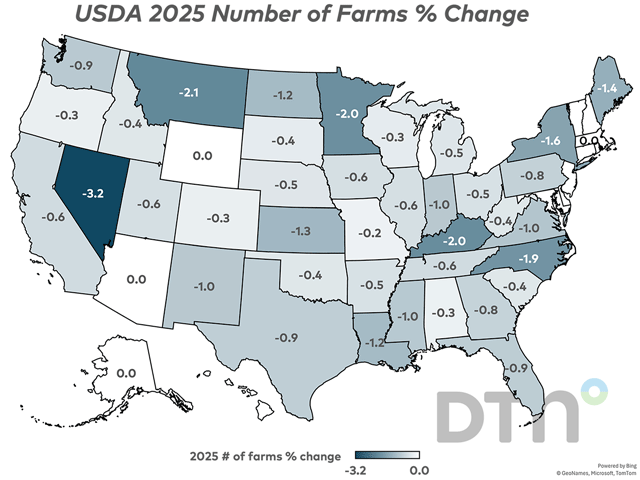An Urban's Rural View
How Agriculture Boosts Biodiversity
The Economist, the famed London-based magazine that insists on calling itself a newspaper, has long refused to choose between economic growth and the environment. The Economist thinks we can have both. Its Sept. 14 edition continued this tradition with a special section on biodiversity summarized in an editorial arguing that "More growth, not less, is the best hope for averting a sixth great extinction." (http://tiny.cc/…)
Judging from the online comments many readers disagreed, though many of them didn't seem to have read the same package I read. One blasted the editorial for failing to mention climate change, even though climate change was mentioned prominently.
Other commenters berated the magazine for thinking the free market will solve all problems, when the editors had in fact not proposed free-market solutions. To the contrary, they asserted that growth helps the environment because in prosperous, growing economies, people are less concerned about mere survival, have the luxury of worrying about the environment and demand laws to protect it.
"Richer countries generally have better governments, and conservation cannot work without an effective state," the editorial maintained. Not exactly a ringing call for free markets.
P[L1] D[0x0] M[300x250] OOP[F] ADUNIT[] T[]
Especially controversial was the editors' position on agriculture, which is worth quoting in full:
"Habitat loss is the biggest threat to biodiversity. Mankind already cultivates around 40% of Earth's land surface, and the demand for food is expected to double by 2050. If that demand is to be met without much more land being ploughed, yields will have to increase sharply. That means more fertiliser, pesticide and genetically modified (GM) seeds.
"For this to happen, the green movement needs to change its attitude. It has helped other species by pressing governments for change, but some greens want growth to slow and most oppose intensive farming. They have made Europe a no-go zone for new GM crops, and have exported their damaging prejudices to Africa and Asia, to the detriment of biodiversity."
Predictably, the anti-modern farming crowd had a field day with this. "Who wrote this propaganda and how much stock does he have in GMOs?!" one commenter demanded.
None of the commenters challenged the premise that "Habitat loss is the biggest threat to biodiversity." Maybe they read past it. Maybe they agree with it. They should. It's true. The biggest favor agriculture can do the environment is leave as much land as possible uncultivated.
To do that, yields on already cultivated land must rise. Can that be done without biotechnology and chemistry? Many proponents of low-tech farming think so. The Economist clearly disagrees, as do most of today's highest-yielding American farmers.
My money's on technology but it's a debate worth having, and if the low-tech farmers are right they'll prosper and attract imitators. High-tech or low, as long as yield increases keep pace with population growth, habitat will be preserved and biodiversity protected.
Urban Lehner can be reached at urbanity@hotmail.com
(SK)
© Copyright 2013 DTN/The Progressive Farmer. All rights reserved.




Comments
To comment, please Log In or Join our Community .